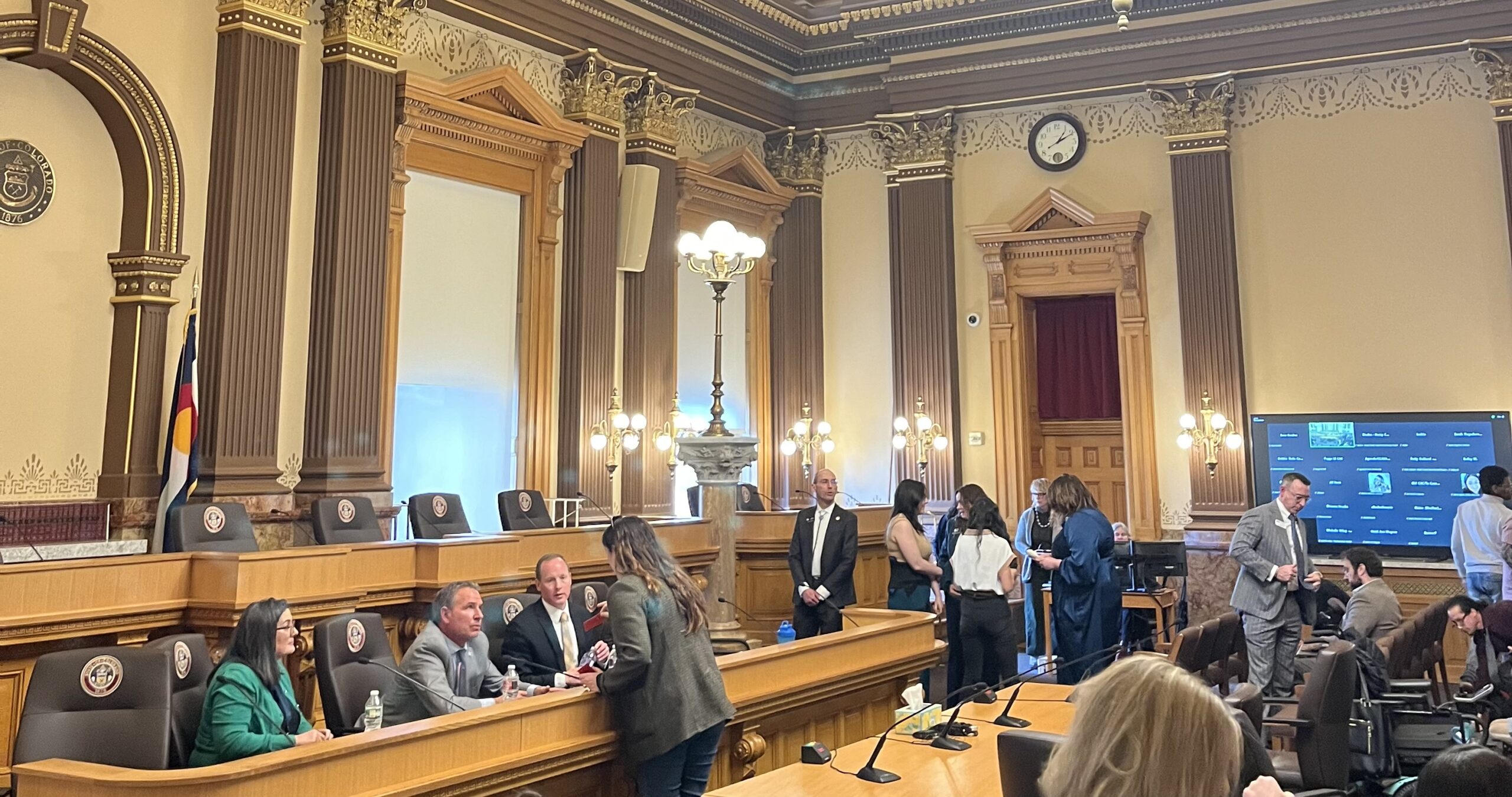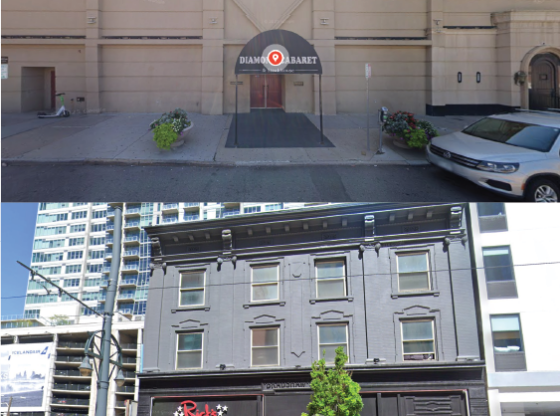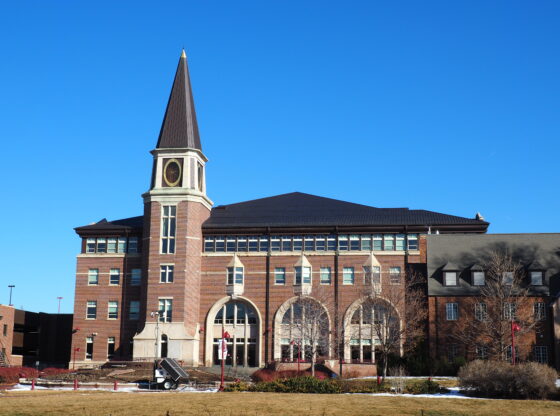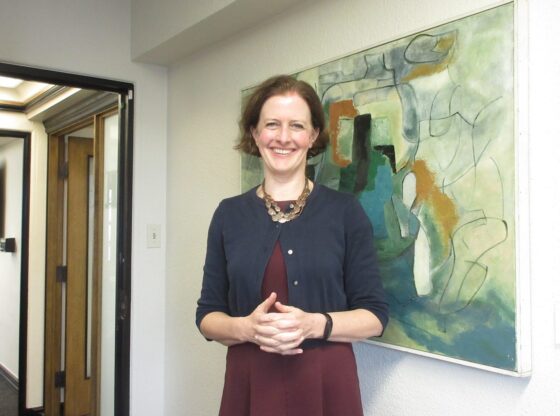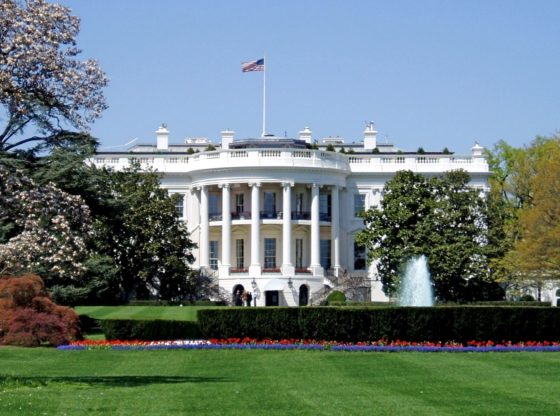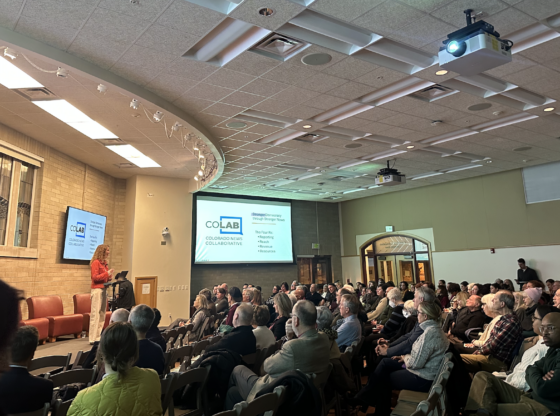Governmental institutions should be restructured to promote a more equal distribution of wealth through free markets, said Dean Baker, co-founder of the Center for Economic Research and Development, at a speech on April 10 at the Fritz Knoebel School of Hospitality Management.
Baker, a DU alumnus, said free markets, with government institutions to support them more properly, are the key to distributing wealth more evenly.
“The market is rigged to redistribute income upwards,” said Baker to approximately 75 students, staff and faculty in attendance. “Let’s make the market produce outcomes that are progressive.”
Baker said one of the key economic elements that must be adjusted to promote markets that maintain their freedom, while simultaneously promoting a more equal distribution of wealth, is restructuring the way patents and copyrights are used.
“Grants of intellectual property are a government policy meant to promote innovation,” he said. “It gives people incentive, sure, but it’s enormously inefficient.”
Baker said drug companies are one of the largest sources of the problem. He said drug companies, which receive government patents for drugs they invent to treat diseases, such as cancer, or mental health, are enormously wasteful. He said pharmaceutical companies only pursue drugs that will make them money. Rather, he said, the government should obliterate patents on drugs to make them cheaper for consumers.
“A lot of people can’t get drugs,” he said. “The insurance company doesn’t want to pay for expensive drugs. Drug companies sell drugs that cost only $5 to make for $500.”
Baker also said the government needs to protect workers in the labor market, but instead focuses on setting restraints on union power.
“It’s not symmetric,” he said. “We have much stronger protection for employer rights rather than workers’ rights.”
According to Baker, restruc putting restrictions on corporate outsourcing is another key element to evening out the wealth playing field. He specifically cited the corporate push to set up factories in Mexico, where there is cheap labor and transporting goods back to the U.S. keeps costs low.
“It’s about making it as easy as possible for companies to set up in Mexico for cheap and ship it back to the U.S.,” he said.
He said the outsourcing puts a precedent in the labor force where highly educated professionals are protected while less educated workers, such as those in the manufacturing industry, are forced to compete with cheap labor, thus driving their wages down.
He also said the Federal Reserve Board needs to do more to promote labor protection, rather than protecting financial markets.
According to Baker, the Federal Reserve has a bias towards raising the interest rate to limit inflation, or the rising value of a dollar, which in turn causes high unemployment.
“When people lose their jobs because the economy is slowing, it’s generally not the doctors or the lawyers,” said Baker. “It’s the people working in factories – the uneducated workers – who are hit the hardest.”
Finally, Baker said the government needs to stop allowing banks to be “too big to fail,” rather than bail them out. He said the government already has a mechanism in place that allows the largest banks to pay lower interest rates, and bailing them out only perpetuates the problem.
“The government treats these banks differently,” he said. “If another bank fails, the government would say, ‘Too bad, you’re out of business,’ but that’s not what happened when the big banks failed.”
Ultimately, Baker called for the government to stop putting structures into place that lead to financing unequal distribution of wealth.
“That’s not the free market,” said Baker, adding that by restructuring these institutions, it will stop the inherent tendency of the government to pump wealth to the upper class.
Baker graduated from DU in 1983 with an M.A. in Economics.

